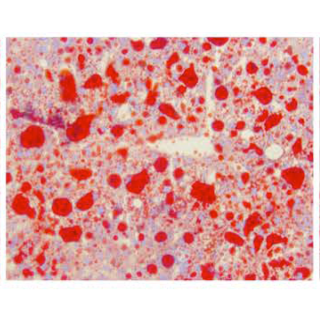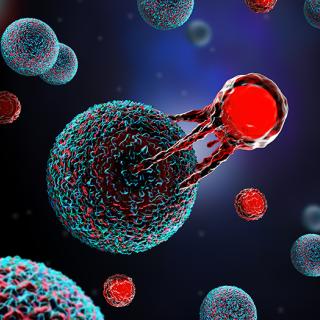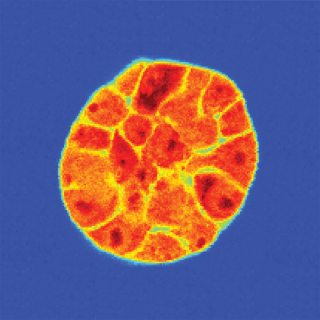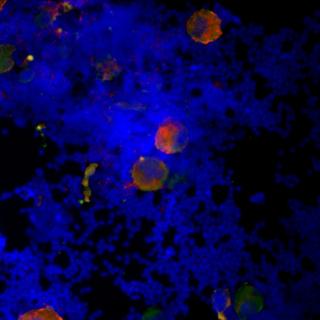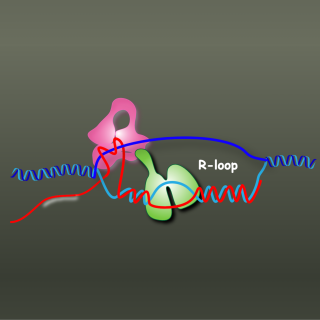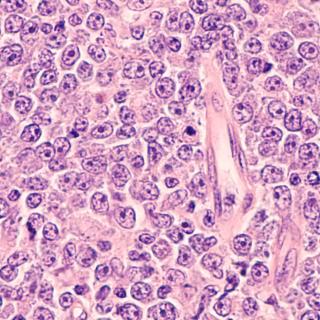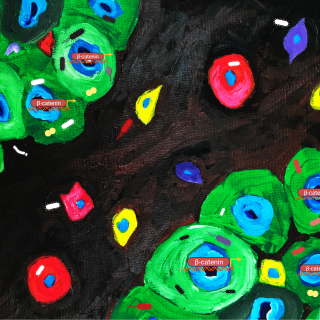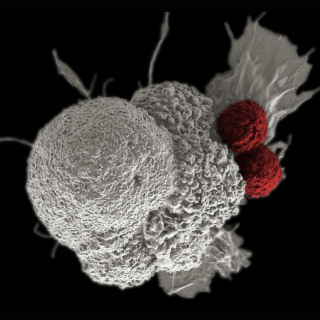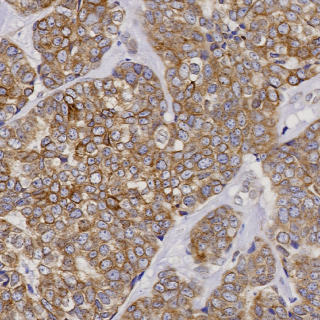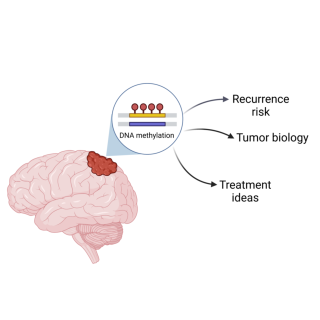Our Discoveries
New insights into why smoking causes fatty liver disease
A new study using nicotine-metabolizing bacteria sheds light on the cellular processes triggered by tobacco use and helps explain why smoking can lead to non-alcoholic fatty liver disease. Tobacco cessation is the best way to reduce the harmful effects of smoking. These findings could help researchers develop additional approaches to address smoking-related liver damage.
Read MoreT-cell imbalance can impact immunotherapy outcomes
The rapid growth of a patient’s cancer following immune checkpoint inhibitor therapy, known as hyperprogressive disease, is an unexpected treatment outcome that is challenging to predict or study. New results show that a T-cell imbalance in the tumor microenvironment can trigger the condition.
Read MoreMapping cells’ mechanical properties for insight into metastasis
A new approach allows researchers to investigate cells’ mechanical properties in tissue-like environments.
Read MoreLiver cancer may unexpectedly be influenced by platelets
Platelets have long been associated with more aggressive cancers; however, new results show that these cell fragments release molecules with anti-tumor properties against liver cancer, reducing tumor burden in mice. The results provide detailed insights into the mysterious role of platelets in cancer progression.
Read MoreStudy finds that enzyme can disentangle strands of DNA and RNA
R-loops are three-stranded hybrid structures of DNA and RNA that play important regulatory functions in cells. Tangled R-loops can cause a number of issues in the genome and subsequently affect people’s health. CCR researchers have uncovered the mechanisms that the enzyme topoisomerase 3B uses to disentangle problematic R-loops.
Read MoreNew insights into the origins of an aggressive form of lymphoma
A new study sheds light on the origin of an aggressive subtype of diffuse large B cell lymphoma (DLBCL). The findings could help researchers develop more targeted therapies for this form of blood cancer.
Read MoreBacteria inside lung tumors concentrate within cancer cells
Researchers discovered that tumor-promoting signals are elevated in lung tumor cells with high concentrations of bacteria. These findings support the idea that reducing bacteria in the lungs might be beneficial for patients with lung cancer.
Read MoreImmune receptors recognizing mutations in p53 could guide immunotherapies for solid tumors
CCR scientists have assembled a library of immune receptors that direct T cells to target cells with mutations in p53, the most commonly mutated gene in human cancers.
Read MoreA protein predicts poor breast cancer survival for women of African descent
CCR and Columbia University researchers have discovered that large amounts of the gp78 protein in breast cancer tumors predict worse outcomes for patients of African ancestry. Their findings provide some new understanding of a significant health disparity in breast cancer.
Read MoreNew way to classify meningioma brain tumors suggests potential treatments
Two studies have found a new way to classify meningioma, a type of tumor that forms in the outer covering of the brain. Kenneth Aldape, M.D., Chief and Senior Investigator of the Laboratory of Pathology, speaks about how the new grouping system may help predict whether a patient’s tumor will grow back after treatment and may reveal new treatment possibilities.
Read More